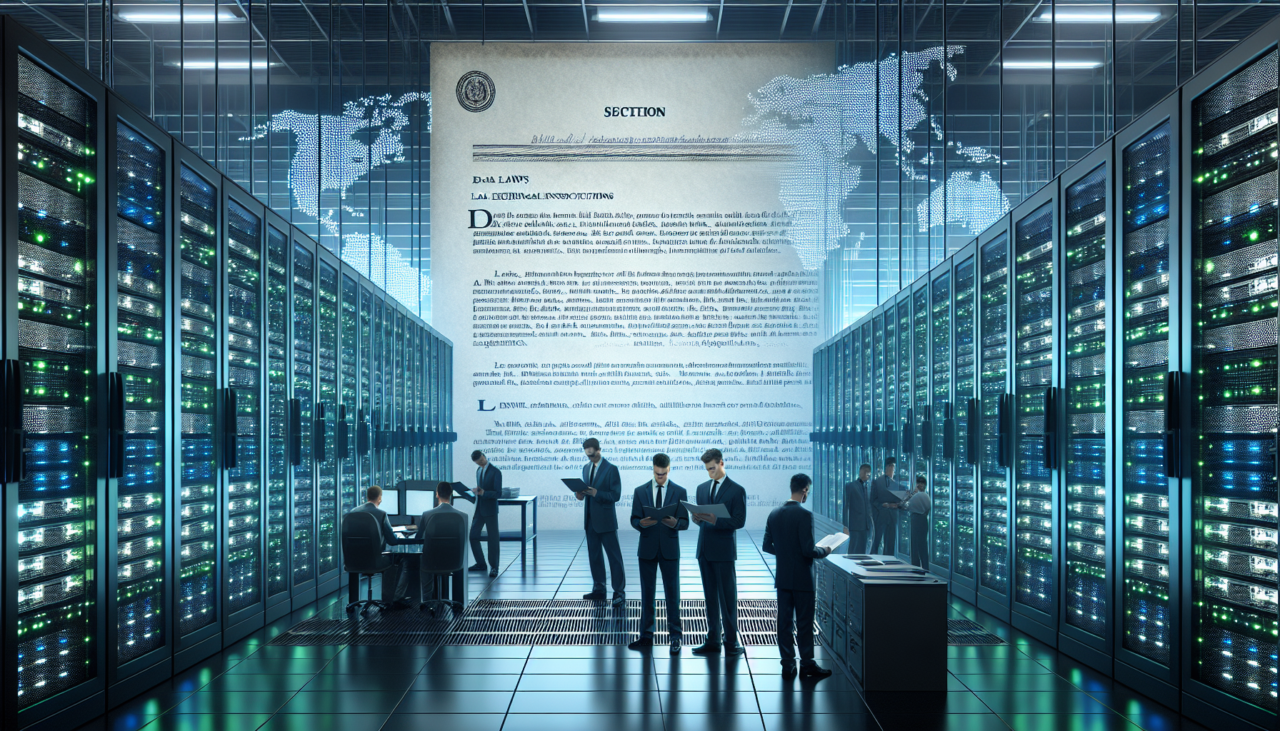Legal Considerations When Using Datacenter Proxies
In the digital age, data privacy and security have become paramount concerns for individuals and businesses alike. As organizations increasingly rely on the internet for various operations, tools such as datacenter proxies have gained popularity. These proxies provide an additional layer of anonymity, enabling users to mask their IP addresses and browse the web securely. However, the use of datacenter proxies raises several legal considerations that users must be aware of to avoid potential pitfalls. This article explores the legal landscape surrounding datacenter proxies, emphasizing the importance of compliance with laws and regulations.
Understanding Datacenter Proxies
Datacenter proxies are IP addresses that are not associated with an Internet Service Provider (ISP) but are instead generated from a data center. They are characterized by their speed and performance, making them ideal for tasks that require high bandwidth, such as web scraping, automated testing, and managing multiple accounts on various platforms. While they offer advantages, the legal implications of their use must be carefully considered.
Legal Considerations
1. Terms of Service Violations
One of the most significant legal risks associated with using datacenter proxies is the potential violation of the terms of service (ToS) of the platforms being accessed. Many websites and online services explicitly prohibit the use of proxies or automated tools to access their content. Violating these terms can result in account suspension, banning, or even legal action. Users must thoroughly review and understand the ToS of any website or service they intend to use with datacenter proxies to avoid unintended breaches.
2. Data Privacy and Protection Laws
With the introduction of regulations such as the General Data Protection Regulation (GDPR) in the European Union and the California Consumer Privacy Act (CCPA) in the United States, data privacy has become a critical concern. When using datacenter proxies, users must ensure they do not inadvertently collect, store, or process personal data without proper consent. Engaging in activities such as scraping personal information without permission can lead to severe penalties under these laws.
3. Intellectual Property Rights
Datacenter proxies can be used to access copyrighted material, which raises questions regarding intellectual property rights. For instance, using proxies to bypass geographical restrictions and access content that is not legally available in a user’s region can lead to copyright infringement claims. Users should be aware of the implications of accessing copyrighted content and ensure compliance with relevant intellectual property laws.
4. Anti-Circumvention Laws
Many jurisdictions have laws aimed at preventing the circumvention of technological protection measures, such as the Digital Millennium Copyright Act (DMCA) in the United States. Using datacenter proxies to bypass restrictions or access content that is otherwise blocked may be deemed illegal under these laws. Users should tread cautiously and ensure that their actions comply with anti-circumvention provisions.
5. Ethical Considerations
While not strictly legal, ethical considerations play a crucial role in the use of datacenter proxies. Engaging in practices that are deceptive or harmful to others, such as fraud or harassment, can lead to legal consequences. Businesses, in particular, should foster a culture of ethical conduct and responsibility when utilizing datacenter proxies to protect their reputation and legal standing.
6. Jurisdictional Issues
The use of datacenter proxies may involve navigating complex jurisdictional issues. Different countries have varying laws regarding internet use, data privacy, and intellectual property. Users operating across borders must be aware of the legal frameworks in each jurisdiction and how they may affect their use of proxies.
Conclusion
Datacenter proxies can offer significant advantages for internet users, from enhancing privacy to improving access speeds. However, the legal landscape surrounding their use is complex and ever-evolving. Individuals and businesses must remain vigilant and informed about the potential legal implications, including violations of terms of service, data privacy laws, intellectual property rights, and anti-circumvention regulations.
To mitigate risks, users should conduct thorough due diligence, seek legal counsel when necessary, and adopt ethical practices when utilizing datacenter proxies. By doing so, they can harness the benefits of this technology while staying compliant with relevant laws and regulations, ultimately ensuring a responsible and secure online presence.

Comments (0)
There are no comments here yet, you can be the first!